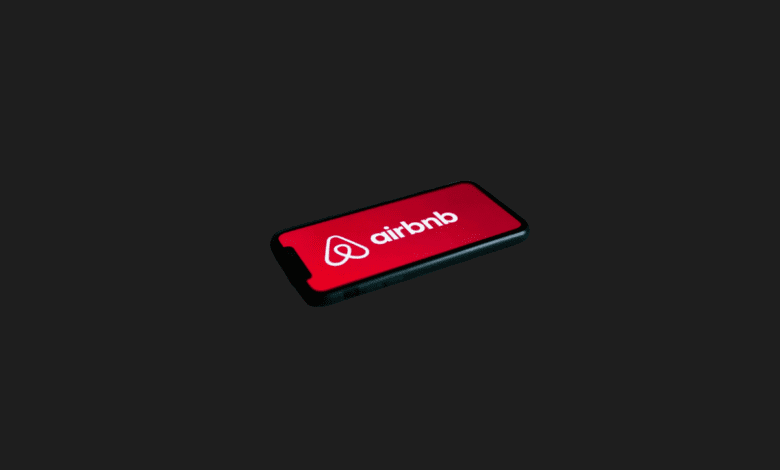Airbnb Uses AI to Prevent House Parties

If I rented out my house for a few days only to discover it was used for a party, I would likely feel frustrated, violated, and concerned about potential damage to my property. It’s understandable that such an experience could be upsetting, as it goes against the trust and expectations of responsible behavior associated with renting out one’s home.
The prevalence of this issue, especially during the pandemic when traditional venues were closed, underscores the importance of platforms like Airbnb taking proactive measures to address misconduct. Implementing a global party ban and enforcing restrictions on certain demographics may help mitigate the risk, but it’s also essential for these platforms to continuously evolve and improve their strategies.
While it’s positive to see reports of parties decreasing due to these efforts, it’s clear that more work needs to be done. Exploring the use of artificial intelligence to detect and prevent unauthorized parties demonstrates a commitment to enhancing security and ensuring a positive experience for both hosts and guests.
Overall, while it can be disheartening to encounter such situations, it’s encouraging to see platforms taking steps to address the issue and protect the interests of their users.
So how?

The implementation of artificial intelligence in scrutinizing Airbnb bookings adds an extra layer of security and trust for both hosts and guests. By analyzing factors such as account creation date, location, and booking patterns, the system can better identify potential risks, such as parties being planned in rented properties.
For example, a one-night stay booked by someone from the same city on New Year’s Eve might trigger suspicion, as it could indicate a party. In such cases, the AI may flag the reservation for further review, potentially leading to cancellation or referral to partner hotel companies.
This proactive approach aims to maintain trust among property owners like Lucy Paterson, who has had mostly positive experiences renting out her property. By leveraging AI, Airbnb can enhance its ability to prevent misuse of rental properties while still providing a seamless booking experience for legitimate guests.
As Naba Banerjee, Airbnb’s Head of Security and Trust, notes, the effectiveness of AI improves over time with more data and continued learning. This ongoing refinement underscores Airbnb’s commitment to ensuring the safety and satisfaction of its users.
ARTIFICIAL INTELLIGENCE ERA IN CUSTOMER SELECTION

Turo, a major player in the car-sharing industry, has implemented artificial intelligence (AI) to bolster the security of its vehicle rentals. Using a program called DataRobot AI, Turo swiftly identifies potential theft risks, enhancing the safety of its rental fleet. Additionally, the AI system assists in setting rental prices based on various factors such as the car’s specifications (size, horsepower, speed) and the desired rental time or day.
Furthermore, Turo’s AI engages with customers by responding to their messages and preferences, facilitating a seamless user experience and guiding them toward the vehicle that best fits their needs. Albert Mangahas, who leads the relevant division at Turo, emphasizes their goal of simplifying the user experience while simultaneously building trust with customers.
However, Edward McFowland III, a member of the Harvard Business School faculty, highlights that while the deployment of AI benefits both clients and businesses, there are potential pitfalls. He cautions that even highly refined AI models can make errors. For instance, an AI might unfairly deny a young individual looking to rent a car for New Year’s Eve, assuming they plan to use it for a party when they do not.
In Toronto, Canada, Lara Bozabalian offers her family’s spacious 300-square-meter home on Airbnb. Despite the promise of potential renters’ profiles or any flags raised by the AI, Bozabalian adheres to a personal rule: she does not accept bookings from first-time users. This highlights the importance of personal judgment and discretion alongside AI-driven systems in ensuring a safe and satisfactory experience for both hosts and guests.
You may also like this content
- AI Tools Are Coming to Opera Android: Here Are the Innovations
- Amazon Introduces Highly Ambitious Next-Generation AI Chip Trainium3
- OpenAI Is Losing the AI Race: “Emergency” Declared for ChatGPT
Follow us on TWITTER (X) and be instantly informed about the latest developments…











